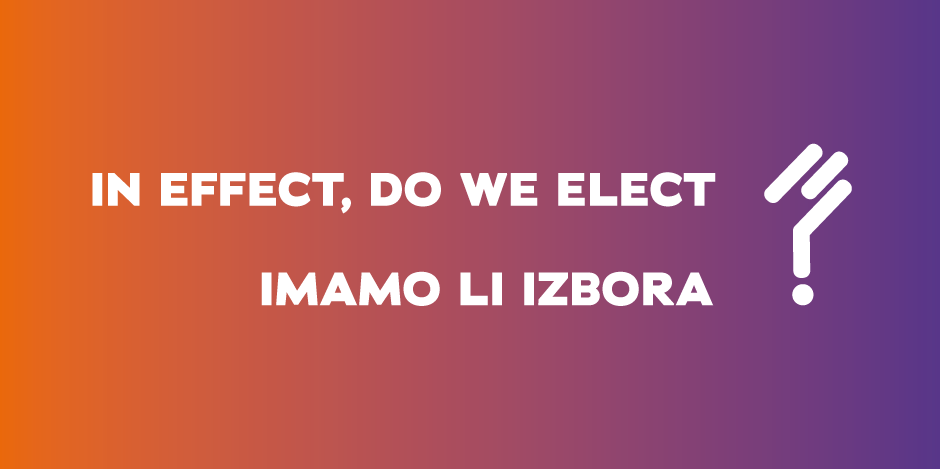Do We Have a Choice Without Culture and Education?
If we choose education and culture, we’ll be able to choose everything else too – this was the message of the panel titled “Imagine there’s no…”
Literary historian, anthropologist, classicist and writer Svetlana Slapšak, board member of the Center for the Defense of Human Rights “Memorial” Aleksandar Cherkasov and CRTA’s Creative Director Radovan Kupres discussed present and past Russia, the power of nationalism, falling in love with politics, pathways to change.
Cherkasov, representing one of Russia’s oldest and most respected human rights organizations, was clear: “I can imagine Russia without Putin, but I must disappoint you – Russia after Putin could be dangerous. War changes Russia. Intense commitment and work will be needed in Russia after Putin”.
Can we imagine anything without choice – or has politics reached the point where it leaves us with no choice, not even in whom of its actors to fall in love with?
“We’ve lost the ability to gauge the importance of elections. Voting has come down to choosing whether to buy the shampoo with a pink or light blue label”, said Svetlana Slapsak.
Cherkasov noted that the issue isn’t with the electoral offer but rather with information about that offer.
“When it comes to elections, the problem isn’t the quality of choices but the availability of information. People are prevented from making informed decisions. In reality – there is no choice”.
Slapsak emphasized that culture bears the main burden of transformation. And not only culture in terms of concerts, song and dance, but also the culture of understanding and thinking.
“This change should come from the European community, the change in mindset and the awareness to speak with a lyrical voice is key to understanding politics”, added Slapsak.
Cherkasov also drew attention to the culture of accepting own mistakes. Highlighting the importance of elections, he added:
“We speak of elections as a sprint, but we have a marathon. In a marathon, education, culture, and what defines a person are essential when the time comes for them to choose”.
Svetlana Slapsak noted that education and culture are at the 42nd kilometer of that marathon, that the struggle against revisionism and for changes is ongoing, but that women and their power to engage with everyone are crucial along the entire path.
